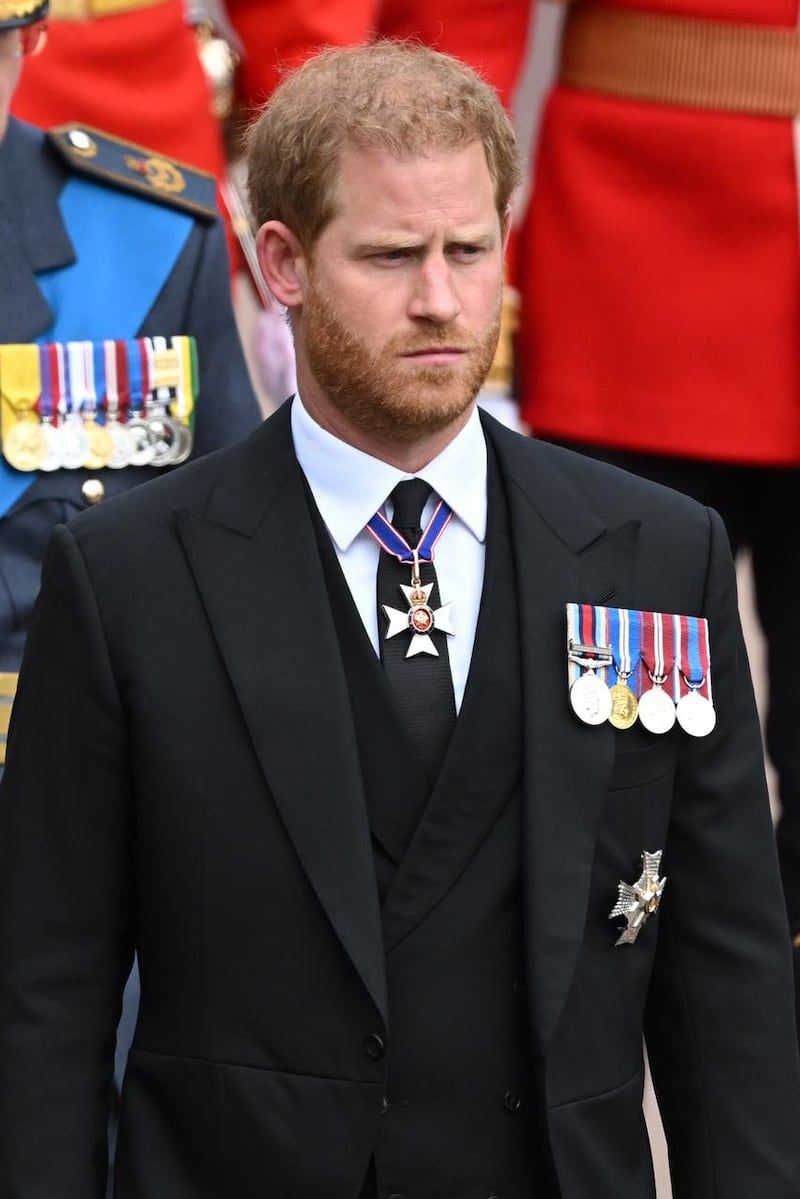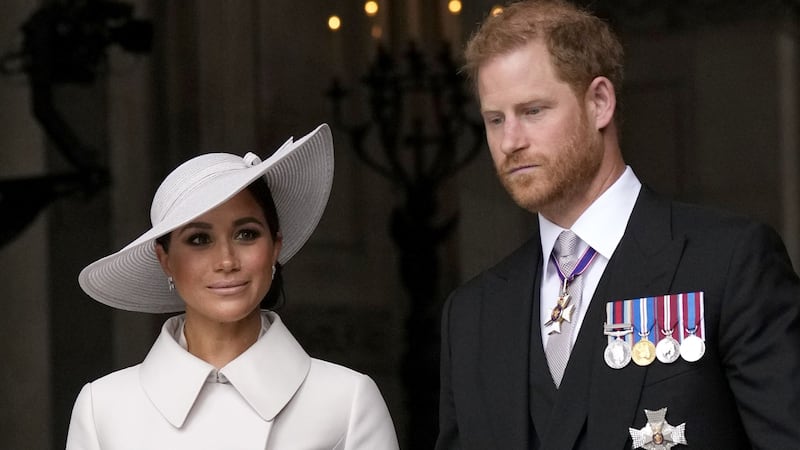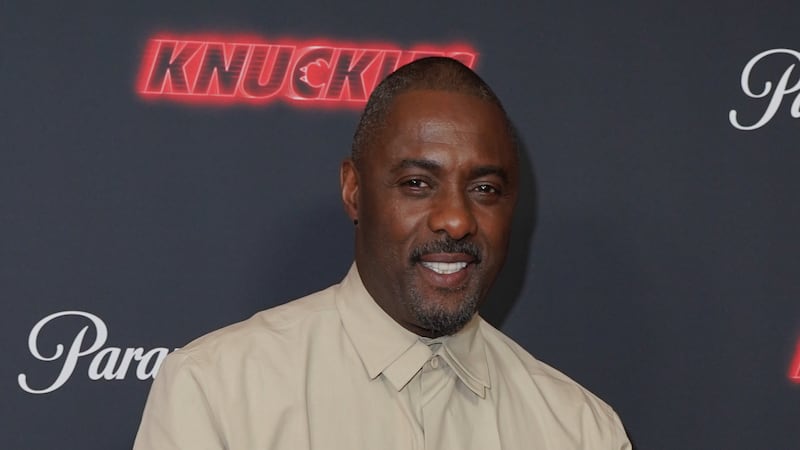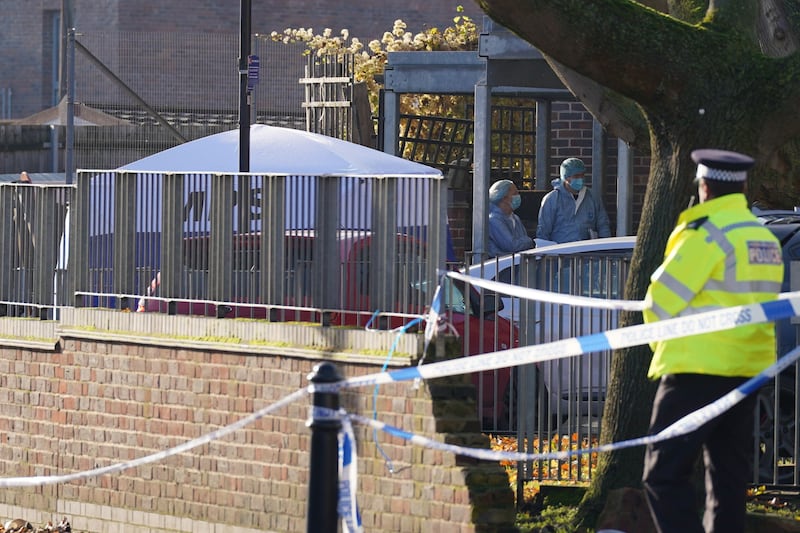The Duke of Sussex’s libel claim against the publisher of The Mail on Sunday will be temporarily paused to see if a settlement can be reached, the High Court has heard.
Harry is suing Associated Newspapers Limited (ANL) over an article about his separate judicial review proceedings against the Home Office regarding security arrangements for himself and his family when they are in the UK.
The story was published online and in the newspaper in February under the headline: “Exclusive: How Prince Harry tried to keep his legal fight with the government over police bodyguards a secret… then – just minutes after the story broke – his PR machine tried to put a positive spin on the dispute”.
ANL is contesting the claim on the basis the article expressed an “honest opinion” and will also argue it did not cause “serious harm” to his reputation.

At a preliminary hearing on Tuesday, Judge Barbara Fontaine was told Harry and ANL have agreed to continue efforts to reach a settlement, and will conduct negotiations until January 20.
If no settlement is agreed, the duke will ask the court to either strike out ANL’s defence or give summary judgment in his favour, avoiding the need for a trial.
The court heard Harry says he made an offer to pay for, or contribute towards, security costs for himself and his family when they’re in the UK at a meeting at Sandringham in January 2020, at which the late Queen and King Charles were present.
He then reiterated his offer at a meeting with Sir Mark Sedwill, then cabinet secretary and UK home security adviser, the following month.
However, part of ANL’s defence is that the offer was not made or communicated to the Executive Committee for the Protection of Royalty and Public Figures (Ravec).
Judge Fontaine also dealt with the budget for further expected legal fees in the case, setting the amount recoverable by Harry in the event that he wins the claim at £341,739 – almost half the £631,035 sought by the duke under the same costs headings.
The judge said costs of £340,000 have already been incurred by the duke in the case so far, and concluded that the estimate of total costs put forward on his behalf of about £1.2 million was “extremely high”.
Ben Gallop, representing ANL, told the court the publisher’s estimated costs are just over £500,000 and argued the duke’s costs schedule was “wholly disproportionate” for a case in which the trial is due to last between two and four days.
Jane Phillips, representing the duke, told the court the costs were high due to the “high profile” nature of the case and the level of public interest, which meant the evidence had to be considered very carefully.
She also said there would be costs involved due to the fact some of the documents in the judicial review case against the Home Office cannot be disclosed without permission of the judge in that case.
In July, Mr Justice Nicklin ruled in Harry’s favour on the first stage of his libel claim, relating to the “objective meaning” of the article, following a hearing in June.
The judge found the article was defamatory, saying a normal reader would understand from the article that Harry “was responsible for public statements, issued on his behalf, which claimed that he was willing to pay for police protection in the UK, and that his legal challenge was to the Government’s refusal to permit him to do so, whereas the true position, as revealed in documents filed in the legal proceedings, was that he had only made the offer to pay after the proceedings had commenced”.
Mr Justice Nicklin said: “It may be possible to ‘spin’ facts in a way that does not mislead, but the allegation being made in the article was very much that the object was to mislead the public.
“That supplies the necessary element to make the meanings defamatory at common law.”
The judge rejected an argument put forward by the duke’s legal team that the article accused Harry of lying, saying: “The article does not make that blunt allegation, whether expressly or by implication.
“The hypothetical ordinary reasonable reader would understand the difference, as a matter of fact, between ‘spinning’ facts and ‘lying’.”
Harry is bringing the separate proceedings against the Home Office after being told he would no longer be given the “same degree” of personal protective security when visiting from the US, despite offering to pay for it himself.
A judge gave the go-ahead in July for a full hearing in the duke’s challenge against a decision of Ravec, which falls under the remit of the Home Office.
No date has yet been set for that hearing.








